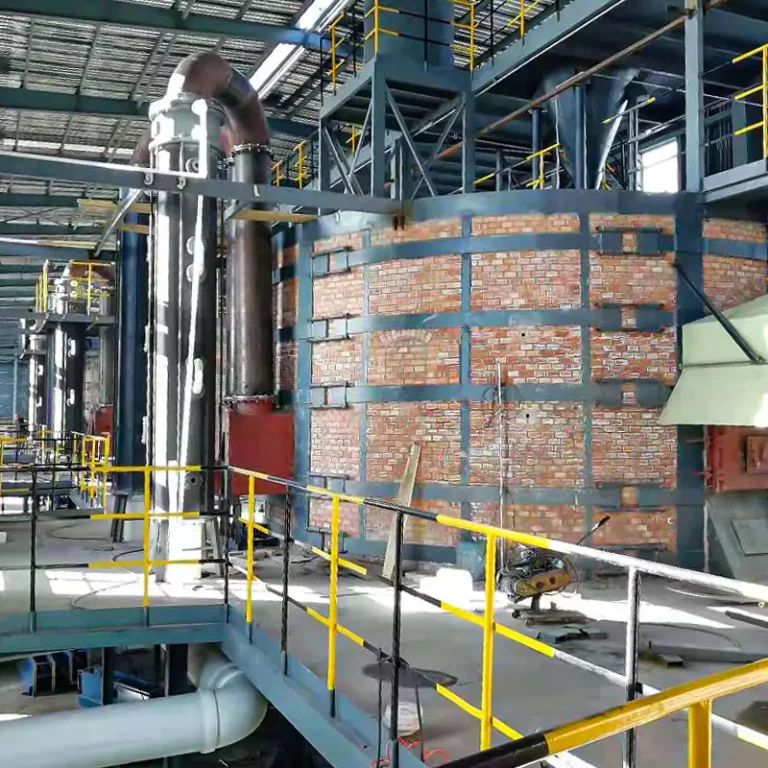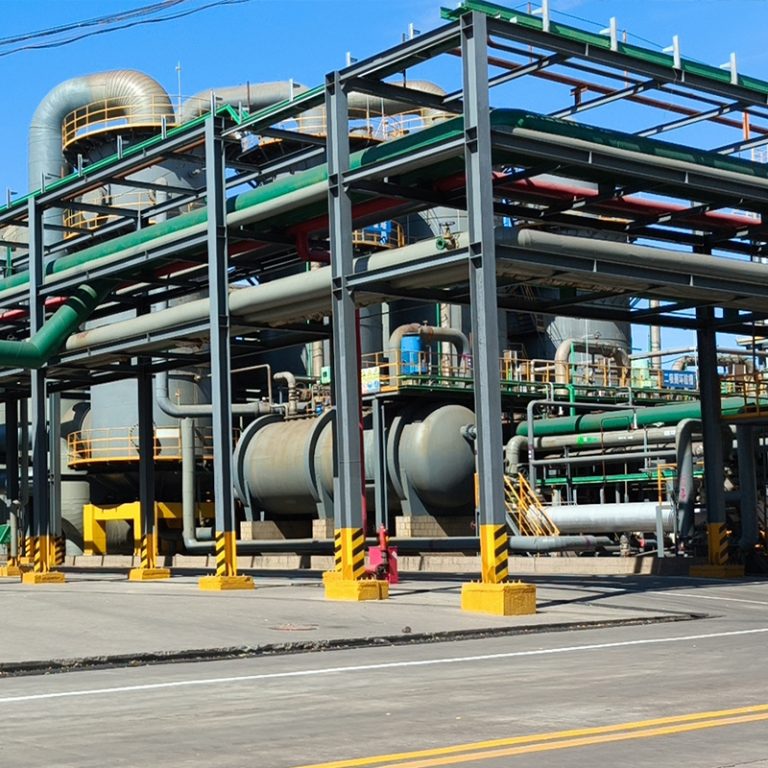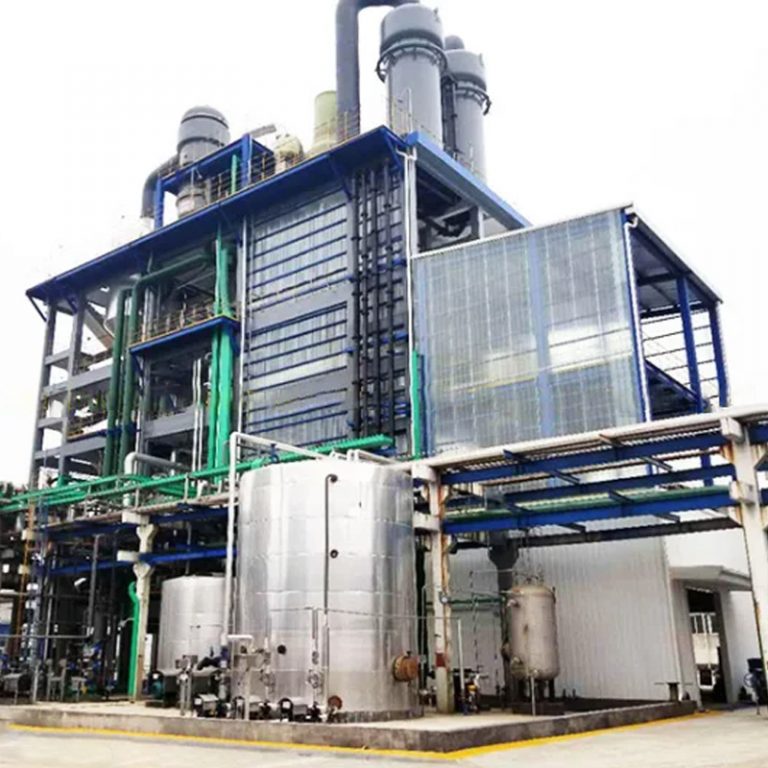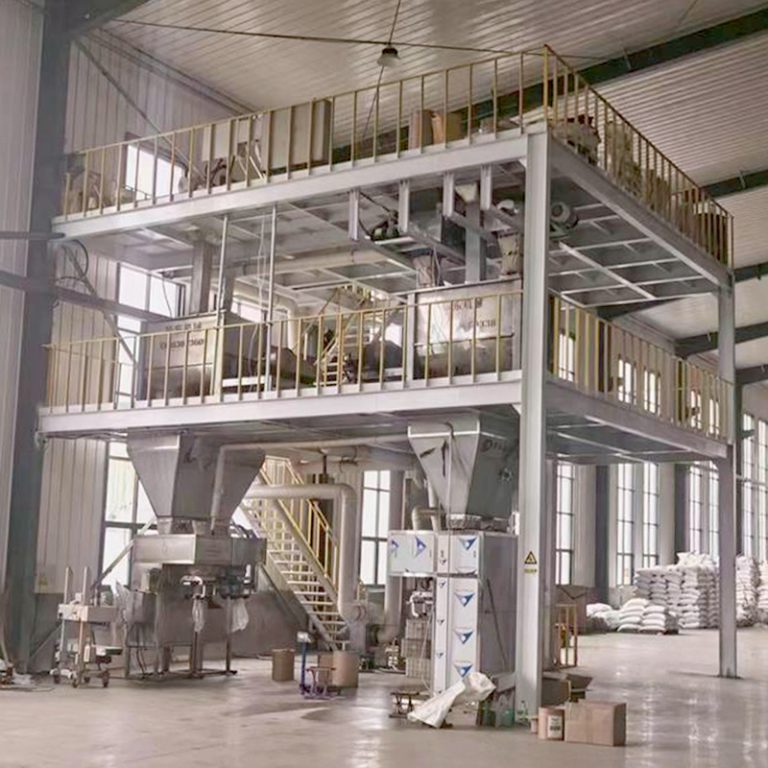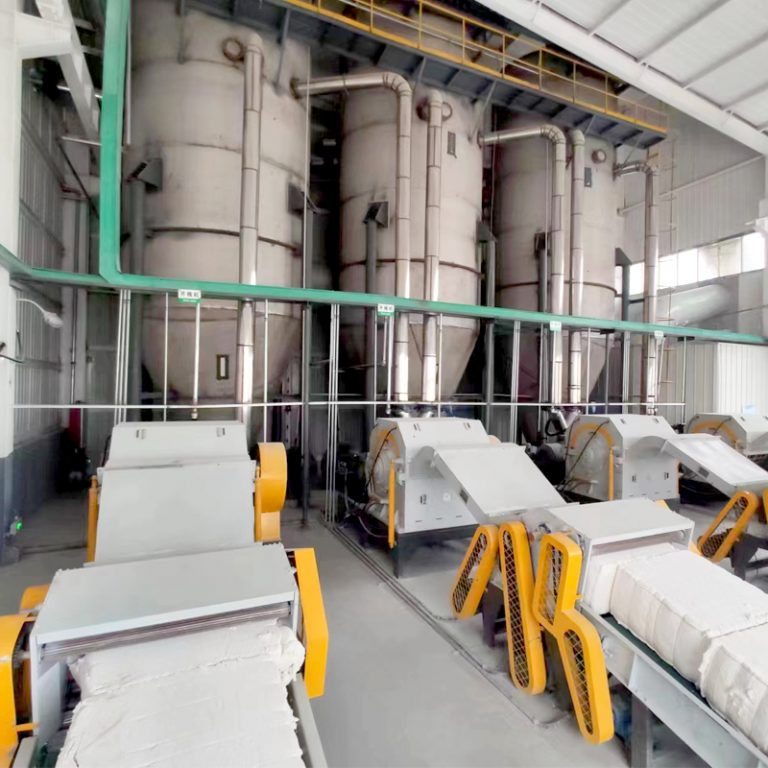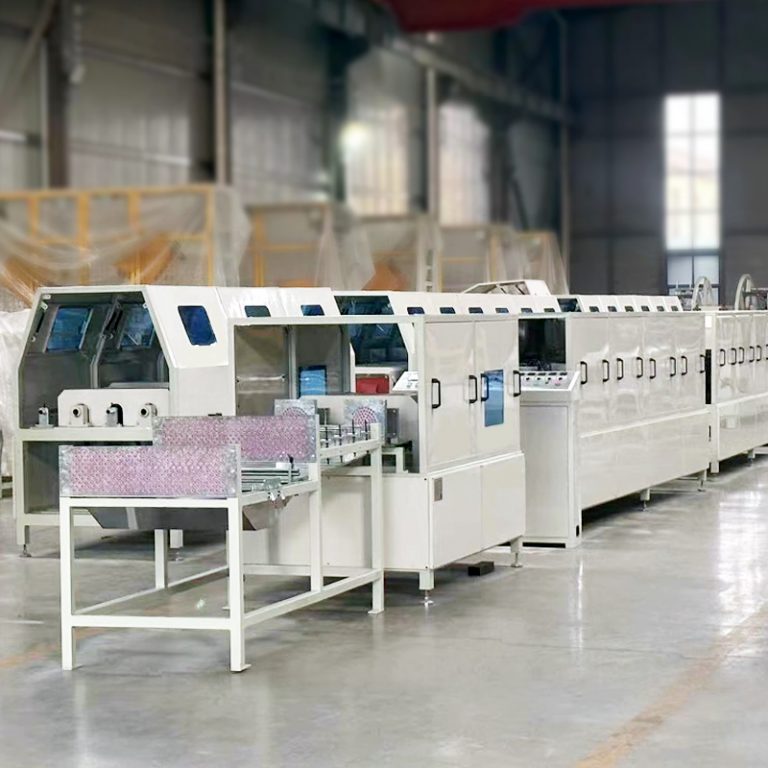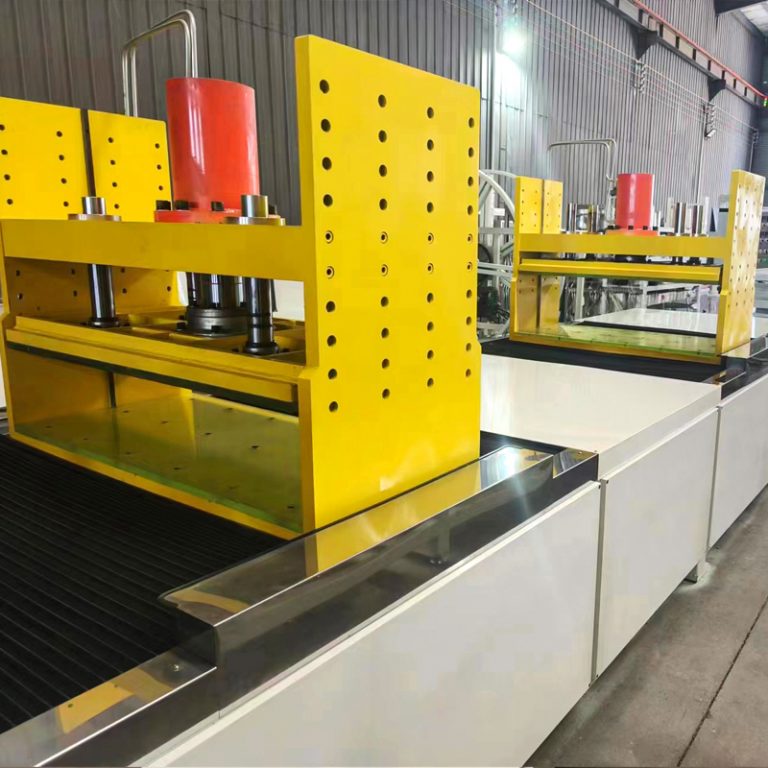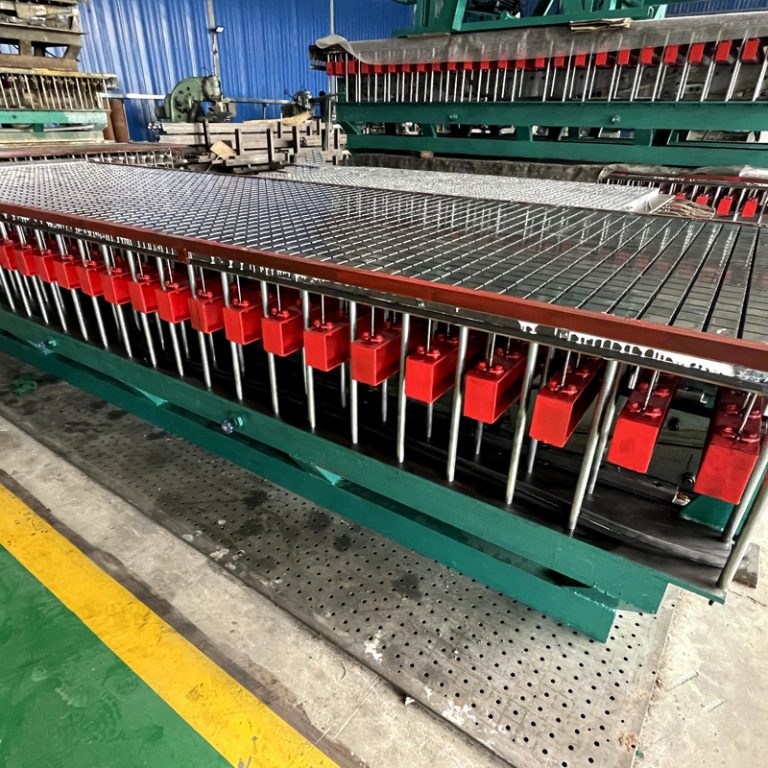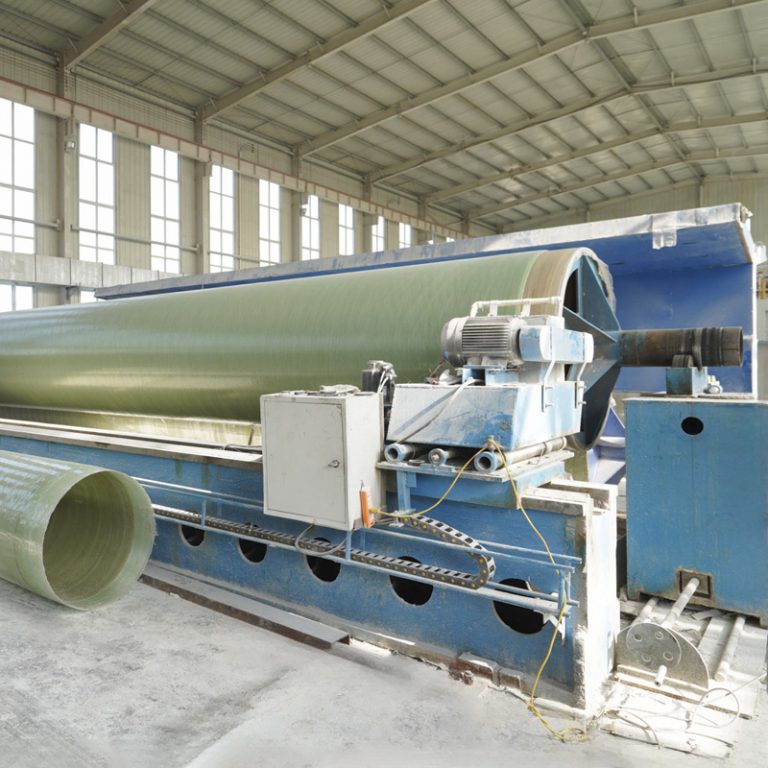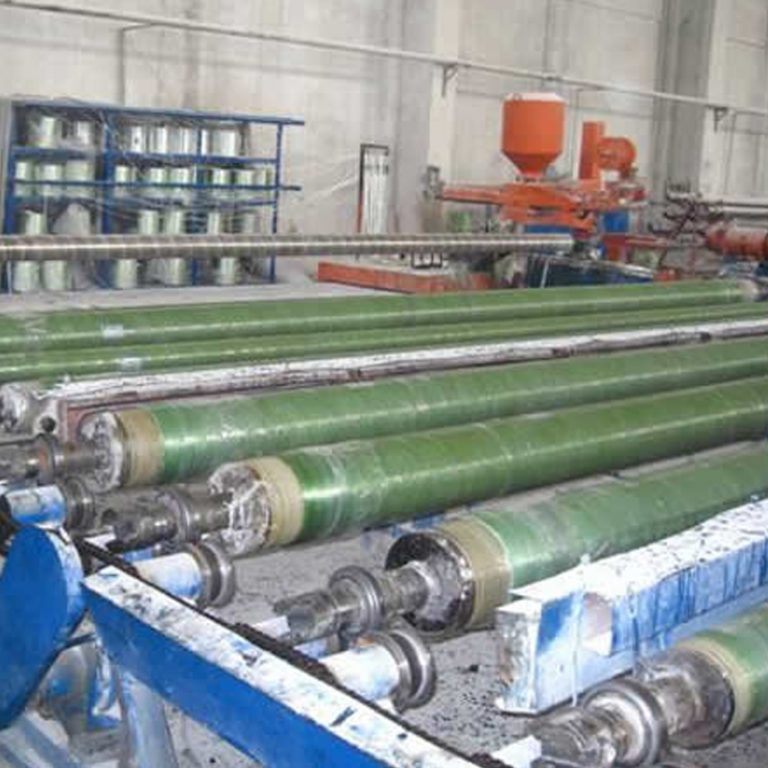Innovations in Potassium / Sodium Sulfate Production
Potassium and sodium sulfate manufacturing has progressed significantly in the last decades. These innovations have led to modern advancements in the production processes while also increasing the quality of the final products. Together these innovations improved production processes efficiency and improved the quality of the final products.
Recent Technological Advancements
Integration of Automation in Production
Automation systems are now considered a cornerstone of any modern production line including potassium and sodium sulfate production line. Automated systems can also allow manufacturers to gain highly controlled and precise production which not only enhances quality consistency but also lowers the chances of human error. Machinery even makes minor adjustments while monitoring in real-time to keep everything at optimal levels during the production process. As a result, it allows for high-quality manufacturing at a much higher throughput and cost efficiency.
Impact of AI on Efficiency and Quality Control
The potassium / sodium sulfate production line has the characteristics of large investment, long process flow, complex operation and maintenance, and high-quality requirement, and artificial intelligence (AI) has become the play of the whole production line of efficiency and quality control. Large-scale data collected from every process associated with production are analyzed through AI algorithms, which recognize patterns and predict challenging circumstances ahead of time. It enables early interventions, so downtime is reduced, and the operation always continues. Also, AI-powered quality control systems ensure batch-to-batch adherence to strict quality standards making products more reliable and also helping in more satisfied customers.
Environmental Considerations
Sustainable Practices in Sulfate Extraction
Modern chemical manufacturing practices have sustainability as a focus. Companies like Aoliande are driving eco-friendly practices to achieve a minimal ecological footprint. This involves minimizing resource use, recycling and reusing water in closed loops, and reducing energy use These practices promote environmental sustainability while contributing to sustainability around the world.
Waste Management and Recycling Processes
Moving away from manganese sulfate salt and relying on effective waste management in place is central to sulfate extraction as this common contaminant in the extraction process. Processes for advanced recycling now exist to recover the by-products created during production. One example is that hydrochloric acid, which is a by-product from the Mannheim process, could be recovered and reused on-site or marketed as a commodity. Not only do these recycling schemes reduce the amount of waste but they also increase economic sustainability by providing new revenue streams from what could be sold as waste.
Detailed Process of Sulfate Extraction
Understanding the detailed process involved in sulfate extraction is essential for optimizing production efficiency and product quality.
Raw Material Sourcing and Preparation
Selection Criteria for High-Quality Raw Materials
There is a direct, proportionate impact of this quality on the process of sulfate extraction. This is why choosing potassium chloride or sodium chloride of high purity is essential. Suppliers are tested by the quality of materials they provide, meeting certain chemical composition specifications. The rigorous selection process lowers impurities which helps to avoid complications in later chemical reactions.
Pre-treatment Methods for Optimal Results
It includes the drying, grinding, or sieving of raw materials to obtain the required size and moisture content of the particles. These processes are essential for homogenizing Feedstock properties so that a survive efficient chemical processes in the furnace can occur. An appropriate pre-treatment lowers energy use and improves reaction kinetics in the actual extraction process.
Equipment and Machinery Utilized in Production Lines
Potassium and Sodium Sulfate Properties Production equipment Potassium and sodium sulfate are widely used in various fields, and therefore they are also widely used in production equipment and machinery. It is also important to know about the types of machinery involved and their maintenance. It is important to know the kind of machines being handled and how to maintain their functionality ensuring smooth workflow.
Essential Machinery for Efficient Production
Overview of Key Equipment Types
Several important devices are used in a common production line of Potassium/sodium sulfate. This includes muffle furnaces for carrying out high-temperature reactions, mixers for blending raw materials into a non-combustible mass, and automatic conveyors for transporting materials from one place to another. Particularly important is the Mannheim furnace which allows the main chemical reactions for sulfate production. Moreover, grading filtration systems are used to guarantee that the last product is pure by eliminating impurities in the response blend.
Maintenance and Longevity Considerations
Maintenance of the production machine plays an important role in keeping it functional and working effectively for a long span. Such as regular checking, removing parts to prevent accumulations of deposits, lubrication of moving components, and replacing any worn-out parts in a timely manner. A proactive maintenance schedule will prevent sudden failings and this minimizes downtime and keeps production running smoothly. Even training the personnel on how to handle and operate the equipment properly increases the longevity of the equipment.
Safety Measures and Standards
Industry Regulations for Safe Operations
In production lines of potassium/sodium sulfate, safe operations are related to compliance with industry regulations. We have every regulation in place for equipment installation, management of hazardous chemicals, waste management, emergency management, etc. Adhering to these standards not only protects the safety of workers but also reduces the environmental hazards of chemical production.
Implementing Safety Protocols
Implementing robust safety measures is an essential part of reducing the danger in production settings. This includes everything from ensuring that facilities are properly outfitted with personal protective equipment (PPE), ensuring that regular safety drills are practiced, and investing in monitoring systems capable of detecting gas leaks and equipment malfunctions. In addition, regular training of the employees helps to develop a safety-conscious culture among them which enhances operational safety.
Aoliande’s Role in the Industry and Additional Products
Hebei Aoliande Chemical Equipment Co., Ltd., actively participates in the potassium/sodium sulfate production industry based on quality-oriented equipment manufacturing. It is heavily used in potassium/sodium sulfate production, due to its know-how in producing advanced machinery to fulfill the demands of this industry.
Contribution to Potassium/Sodium Sulfate Production Lines
Expertise and Innovations Offered by Aoliande
Aoliande has become a first-class service provider for potassium/sodium sulfate production lines with advanced technology, professional solutions, and comprehensive service. Using technology and craftsmanship, the company innovates machinery to promote efficiency while maintaining product quality. Their continued development work shows a strong dedication to innovation as they hold a plethora of patents that enhance industry-established processes (Mannheim process, for instance).
Exploring Aoliande’s Other Products
Introduction to FRP Filament Winding Machine
Apart from the sulfate production lines, Aoliande supplies more products such as FRP (Fiber Reinforced Plastic) filament winding machines. These machines play an important role in the production of robust composite materials used in industrial sectors including but not limited to construction, automotive, and aerospace sectors. Aoliande strives to innovate in the field of material technology through more precise engineering and rugged architecture, which is clearly reflected by the FRP filament winding machine itself.








